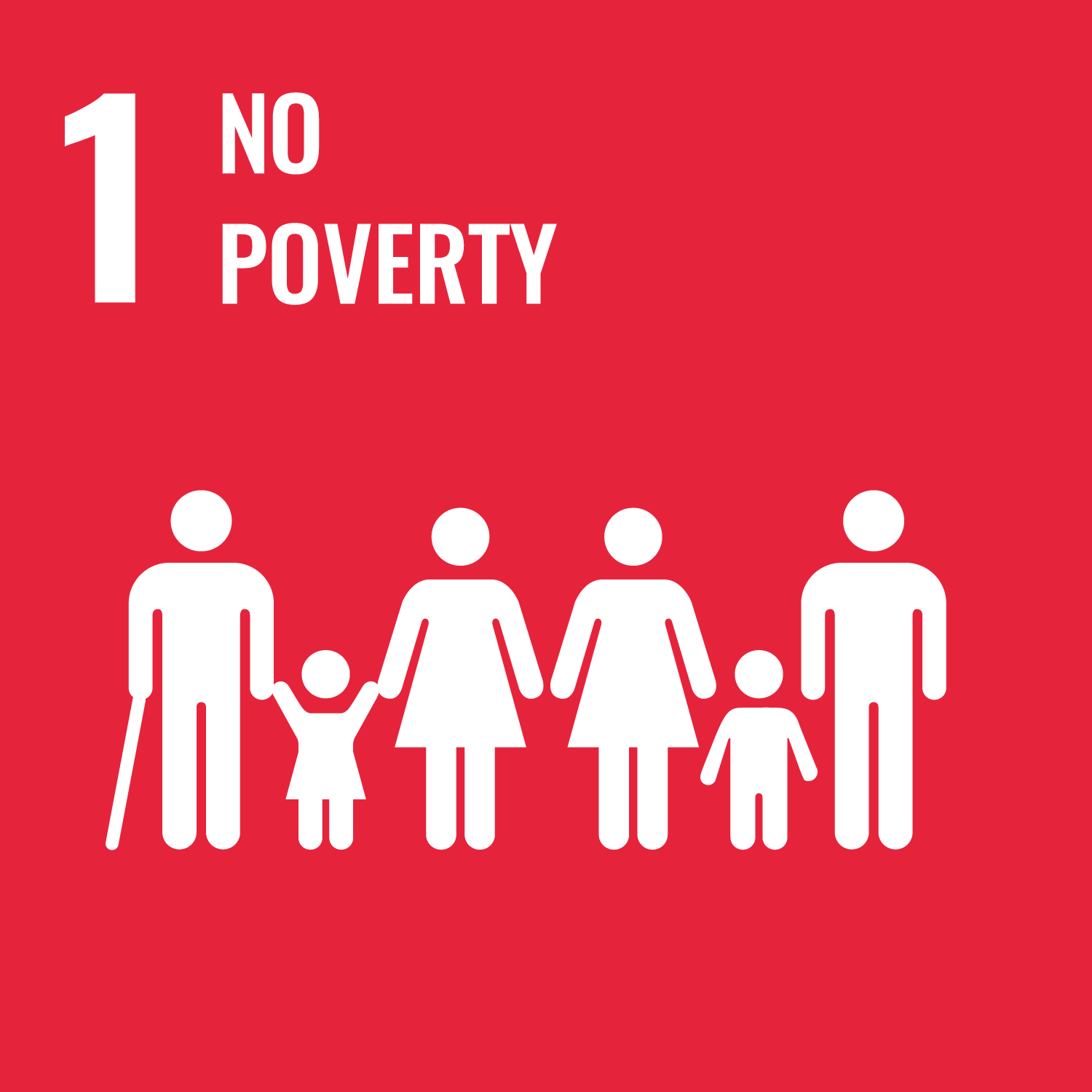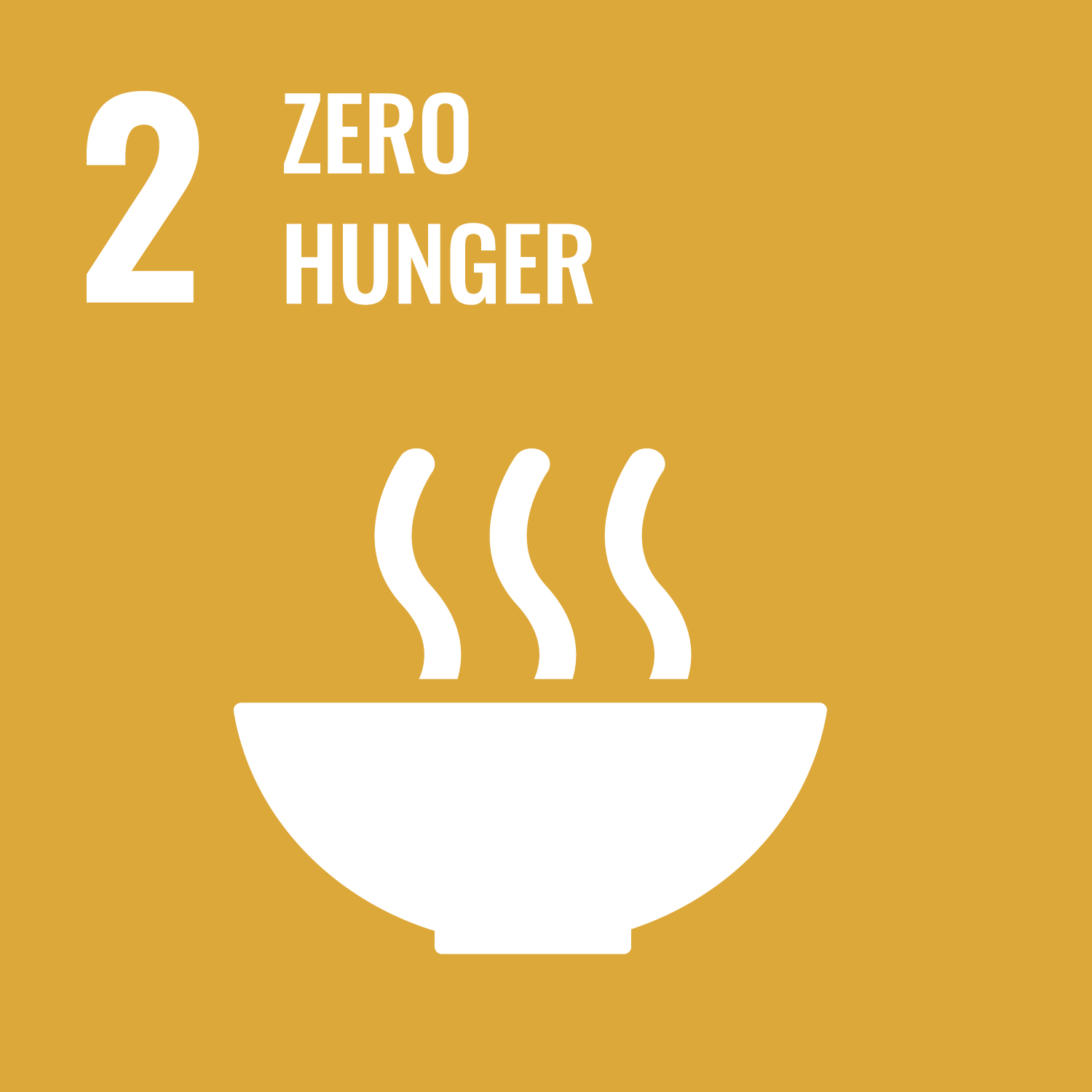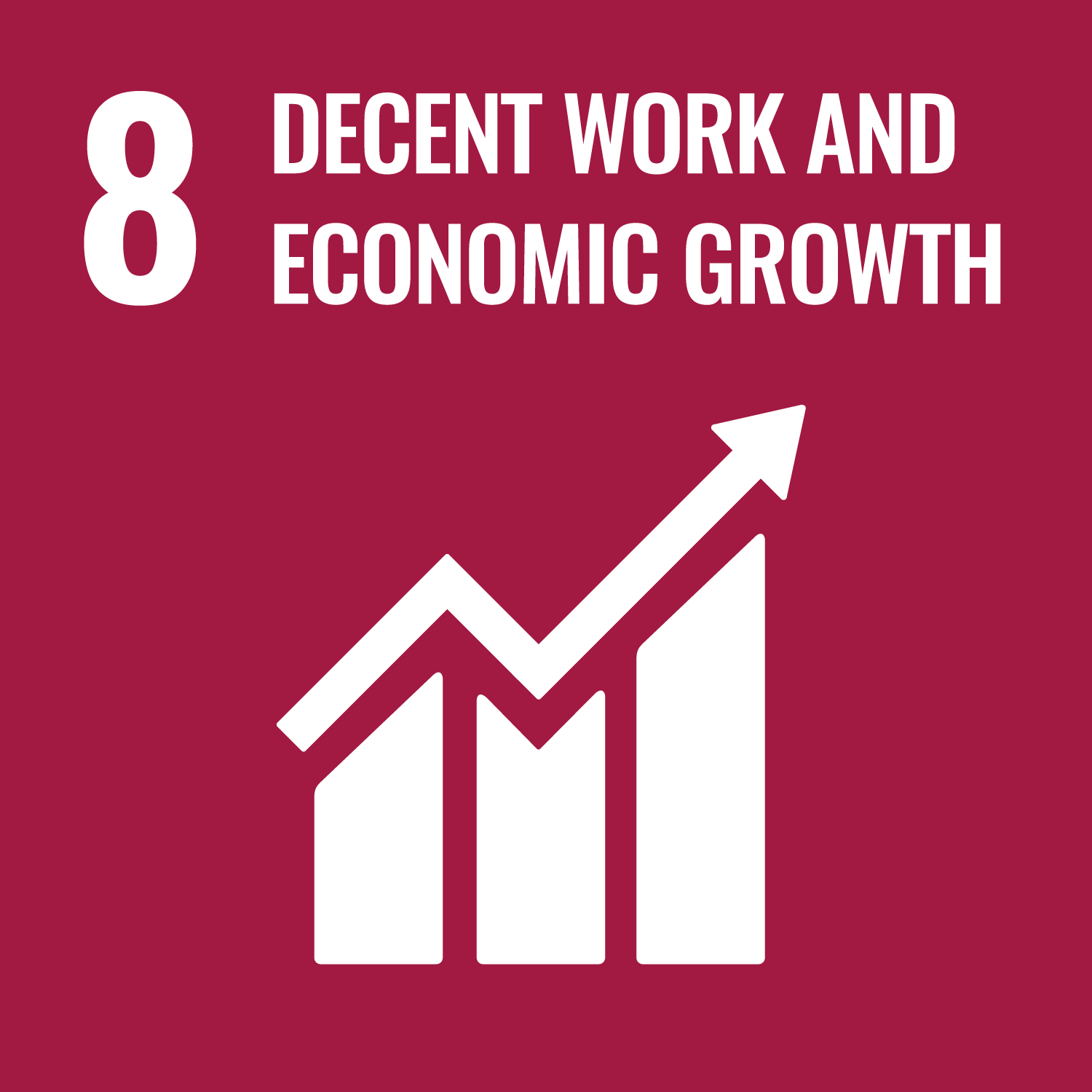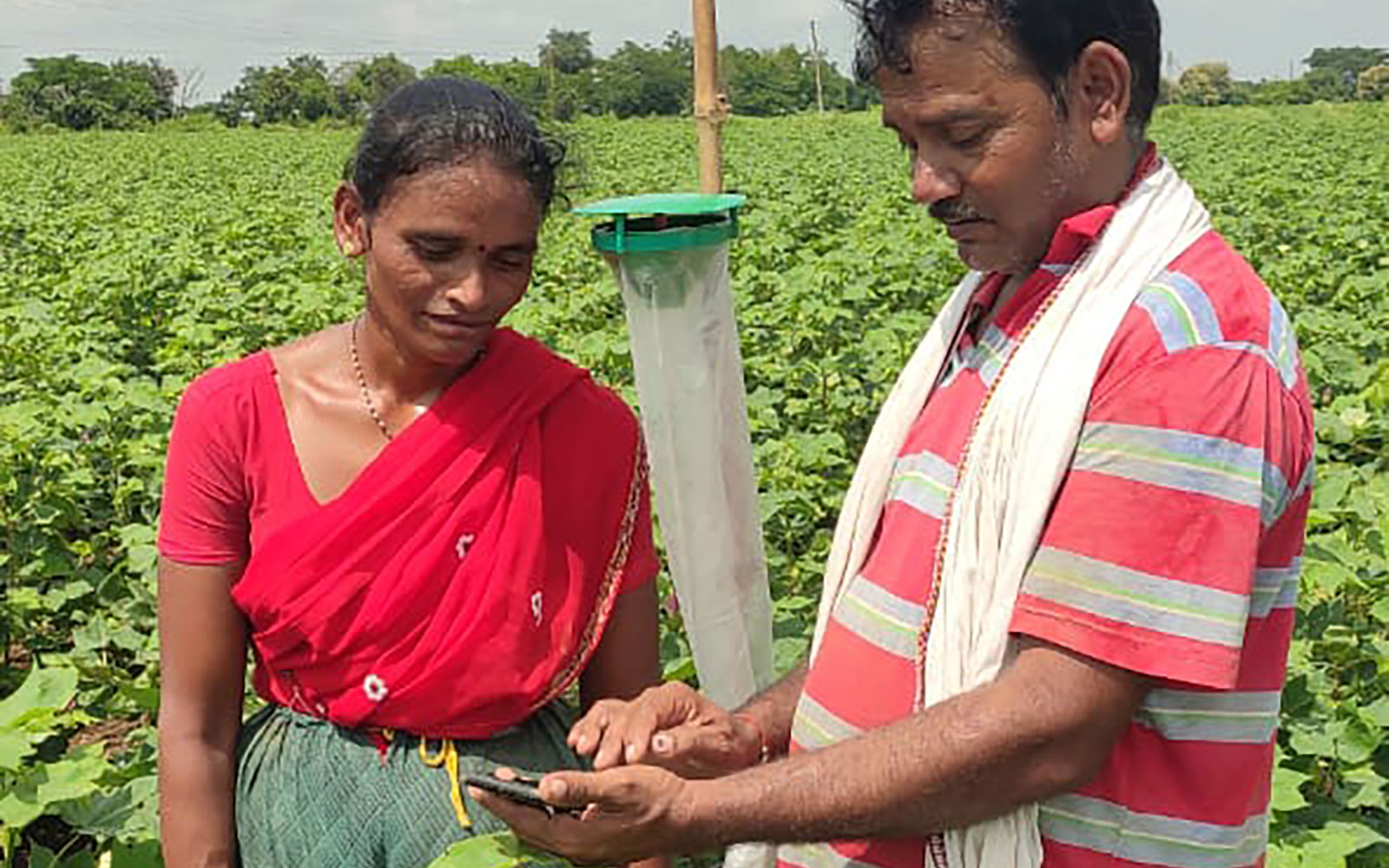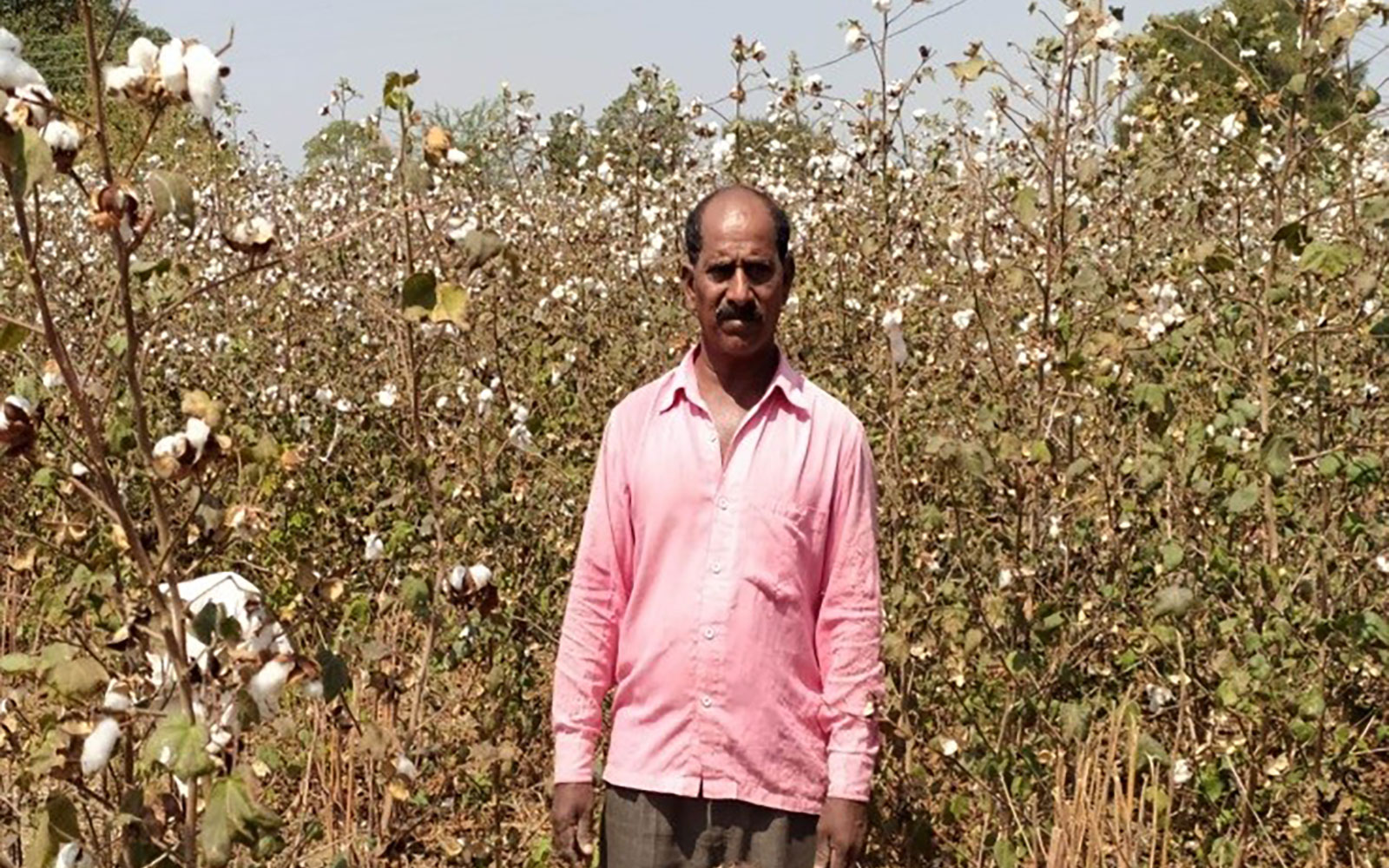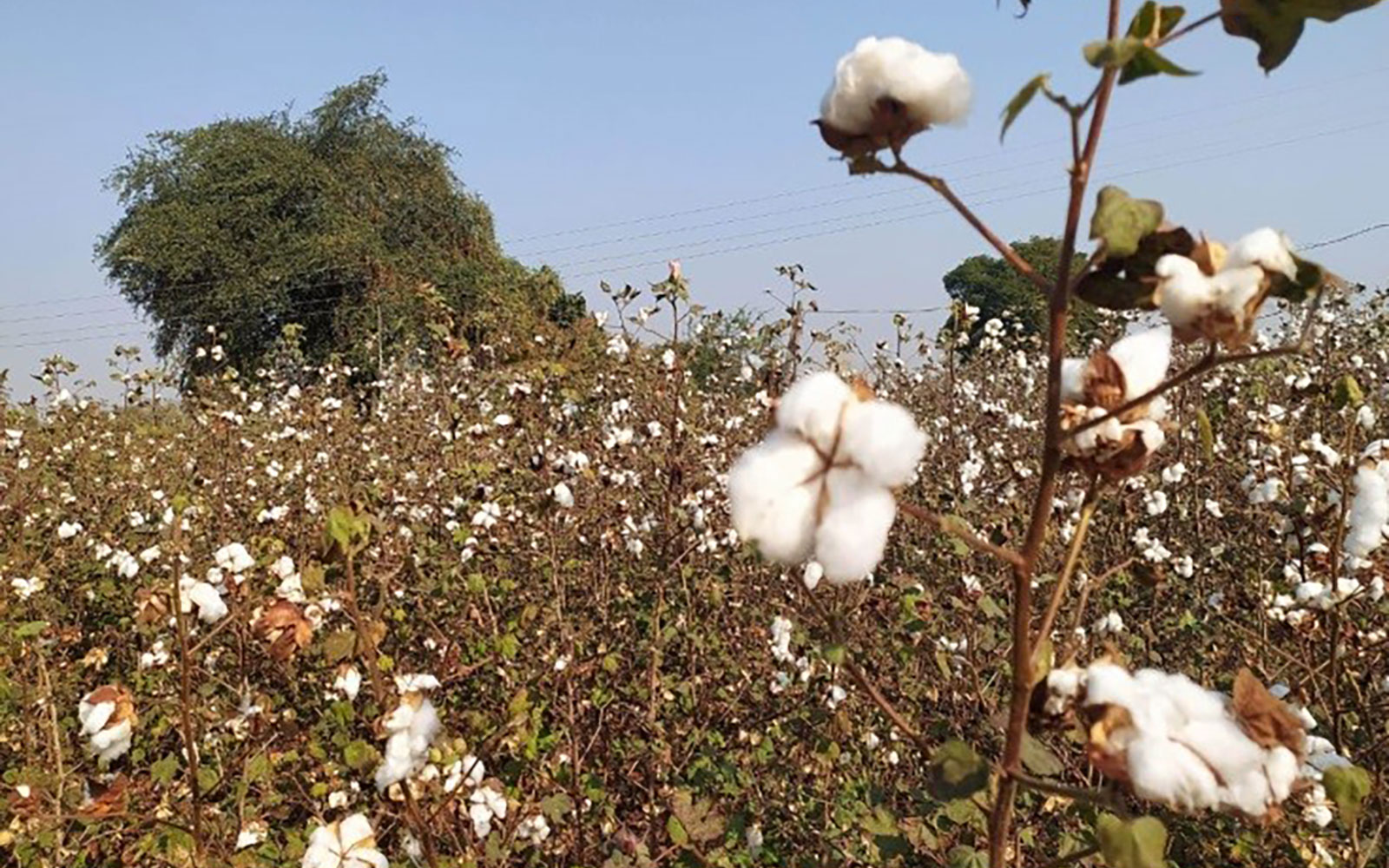Sustainability and Value Added in Agricultural Supply Chains
OBJECTIVES
Increasing sustainability in selected agricultural supply chains in our partner countries by:
- promoting sustainable farming methods
- strengthening capacities for local value addition
- fostering global knowledge exchange
DESCRIPTION
A growing number of consumers in Germany expect their products to come from fair, sustainable and deforestation-free supply chains. The demand: companies must ensure that social and environmental standards are adhered to and that people at the beginning of the supply chain benefit from the value added – they must receive a fair income. Sustainable change can only be achieved when all stages of the supply chain are considered. With a perspective “from the SHELF to the FIELD”, supply chain approaches start at the point of final consumption. They are based on the logic that retailers are responsible for the implementation of environmental and social standards along the entire supply chain, down to the smallholder farmers.
The global programme ProAgriChains promotes sustainability in agricultural supply chains. It aims to make these fair, sustainable and free of deforestation. For this purpose, the programme cooperates with market drivers in several agricultural supply chains. Together with global companies, international standards organisations and national partners it implements project activities in eleven partner countries: Uzbekistan, India, Colombia, Brazil, Indonesia, Ethiopia, Cameroon, Ecuador, Ghana, Côte d’Ivoire and Burkina Faso.
APPROACH/FIELD OF INTERVENTION
- From the SHELF to the FIELD – starting from the consumer, working along the entire supply chain until the production level
- Cooperation with global players, especially internationally relevant companies, standard organisations, etc.
- Cooperation with international multi-stakeholder platforms and initiatives
- Global knowledge transfer and management (e.g. dissemination of innovations & digital solutions)
- Multiplication of sustainability concepts (sustainable production regions, living income, deforestation-free supply chains etc.)
- Use of synergies with bilateral and regional projects
TARGETED BENEFICIARIES
The target group consists primarily of smallholder farmers and their farming businesses, in addition to workers on the farms and in textile production.
Other stakeholders include:
- Decision-makers and staff from relevant authorities and ministries of the central government and in the states;
- Experts from institutes, agricultural universities and other organisations;
- Private sector, including ginning, textile and clothing industry, as well as NGOs active in agricultural extension services and standard systems.
HIGHLIGHT ACTIVITIES
Sustainable agricultural supply chains
- Strengthen sustainable supply chains from SHELF to FIELD
- Pilot and implement digital tracing systems
Sustainable production
- Increase production of sustainable agricultural commodities
- Promote international certification
- Improve soil fertility, productivity, plant protection and water use
Local value added
- Increase value addition by improving quality and reducing losses
- Advising local and international partners on investment projects and capacity building
Global knowledge transfer
- Develop global strategies to shape a sustainable agricultural economy
- Regional and international exchange of Good Governance und Best Practices.
PUBLICATIONS
- Programm Nachhaltigkeit und Wertschöpfungssteigerung in der Baumwollwirtschaft
- Programme Sustainability and Increased Value Added in the Cotton Economy
SUCCESS STORIES
Mr. Bhanudas Sarjerao Moharle is living in Ajgaon village in Wardha district in Maharashtra, where he owns around 3.6 hectares of land.
Since joining the Welspun Foundation For Health and Knowledge (WFHK) Programme on “Rural Livelihood” Improvement in 2017, Mr Moharle changed from conventional cotton to organic farming. He is also actively participating in the Better Cotton Initiative (BCI) – Learning Group of his village. While previously dependent on local dealers for information on chemicals to be applied for farming, he learnt to differentiate between useful and harmful pesticides, as well as how to prepare bio-products for organic compost and to practice biological plant protection. Trainings about the lifecycle of cotton helped him understand sustainable practices on efficient soil, water and fertilizer management. Besides learning about aspects and elements around decent work, the learning group members are now aware of various government schemes available.
In the midst of the ongoing COVID-19 pandemic, Mr Moharle appreciates the support provided by the project to ensure timely availability of inputs and the organization of regular online training sessions on crop management.
“I am very happy that our cotton was procured transparently under the project. There were no hidden costs on loading, unloading. It was economically rewarding as well. My seed cotton yield increased by 10-12 %. By following judicious practices, I could also save in the cost of pesticide by 25-30 %, with 30-35 % overall decline in the cost of Fertilizers. No wonder, my profitability shot up by 30 %! I appreciate and acknowledge the work done by the WFHK BCI Wardha team along with GIZ and wish to get the same support and guidance in coming years to make my farming sustainable.”
In Maharashtra, India, the global programme “Sustainability and Value Creation in Agricultural Supply Chains”, in cooperation with the Better Cotton Initiative (BCI), trains a total of 140,000 cotton producers on sustainable farming methods according to the BCI standard. As a result of the training, the farmers switch to sustainable production. They thus protect the biodiversity of the regions and ensure that more sustainable cotton reaches the national and international market.
In the 2019/20 season, 10,249 (full-time equivalent) new jobs have already been created as a result of the shift to sustainable farming practices, including almost 10,000 for field workers. Approximately 30% of those newly employed are women. The new farm workers are employed on average for about 3 months per year in the fields to help with various operations. In addition, 321 new trainers, who train the cotton producers in the region in sustainable cultivation methods, were trained.
The measure has a long-term effect, as this labour force will also be needed in the following years to ensure the production of sustainable cotton.
COUNTRY
Indonesia , India , Global , Uzbekistan
DURATION
Apr 2019 - Mar 2027
Commission Agency
BMZ
SDG
